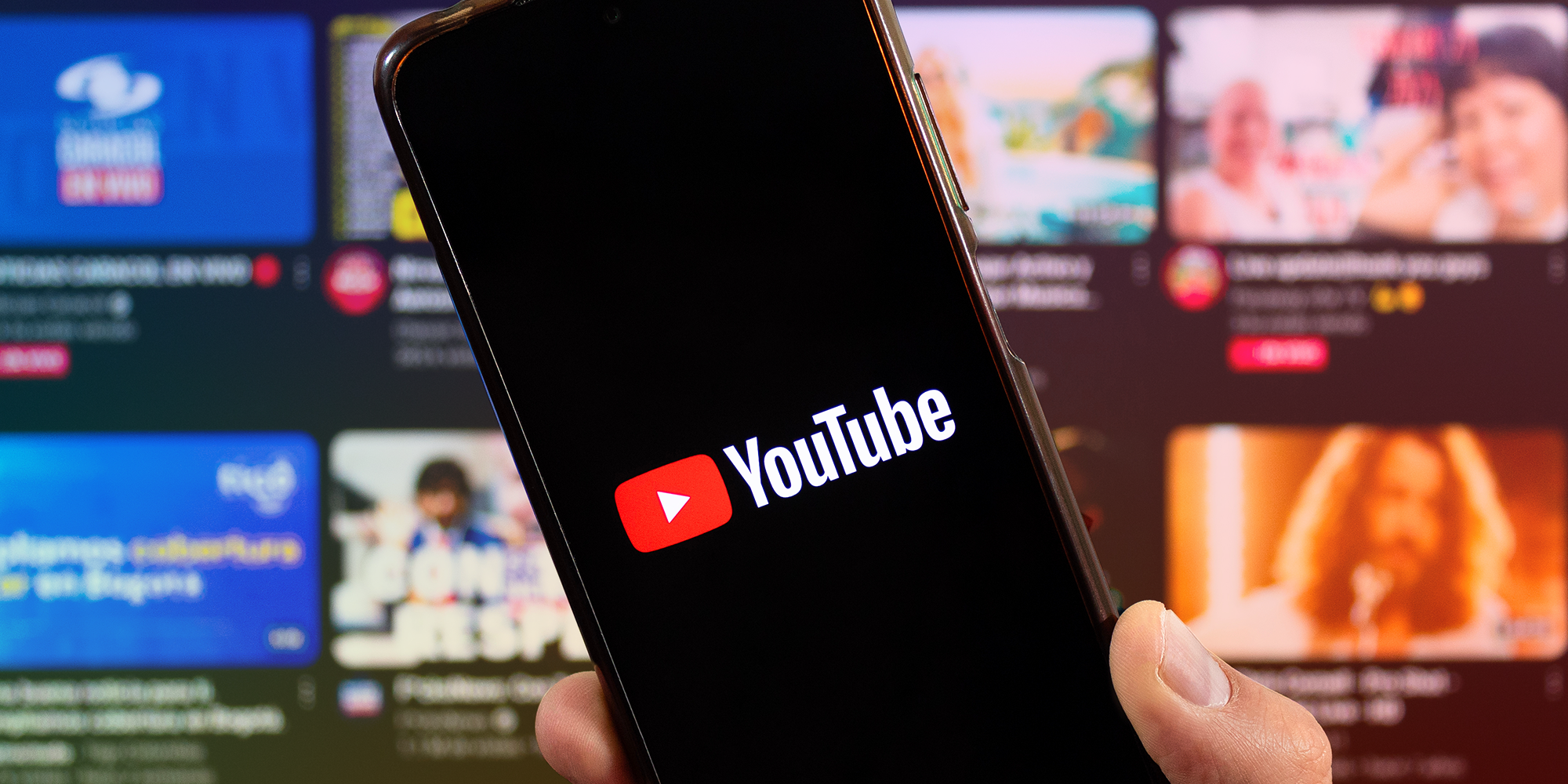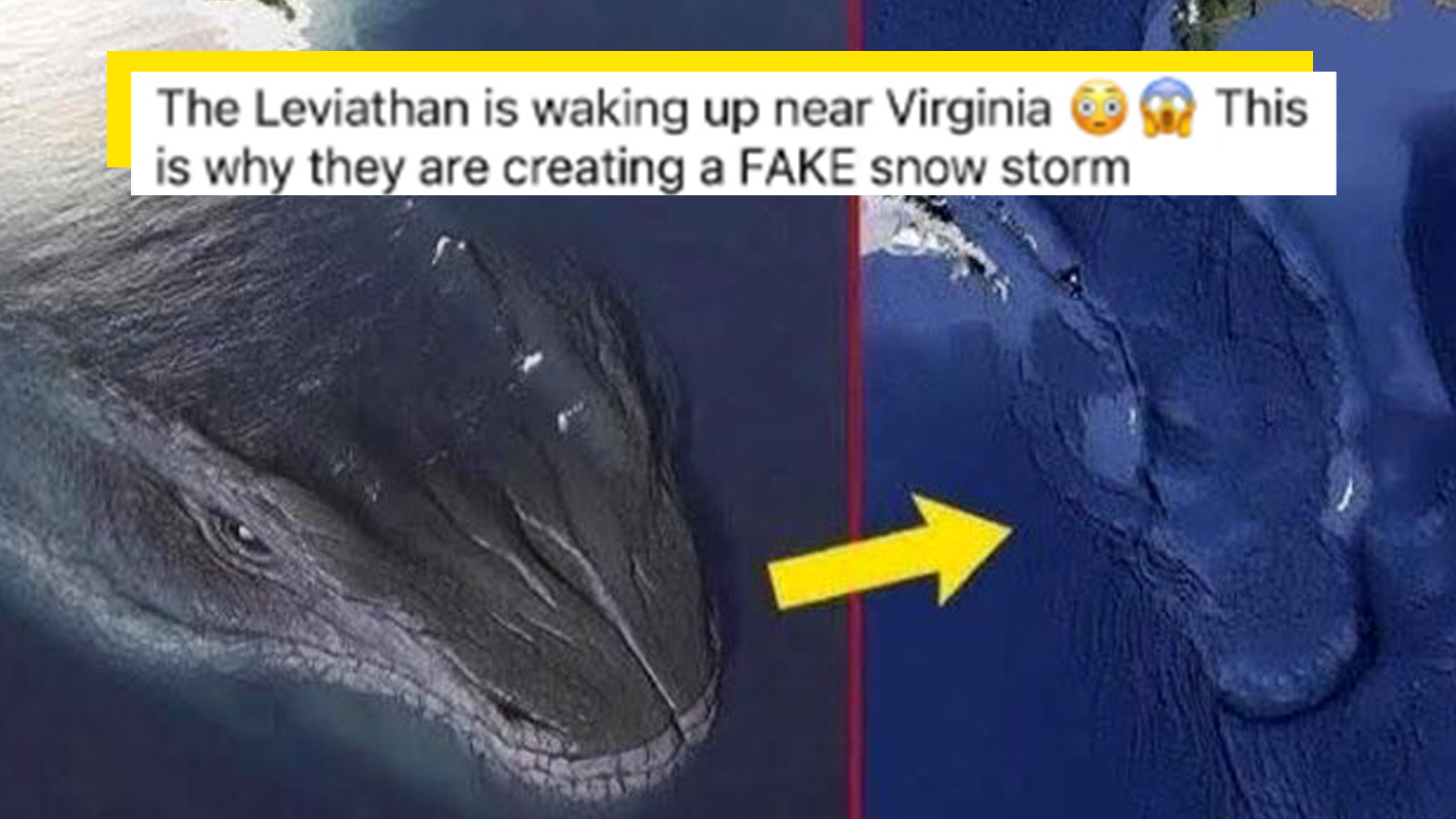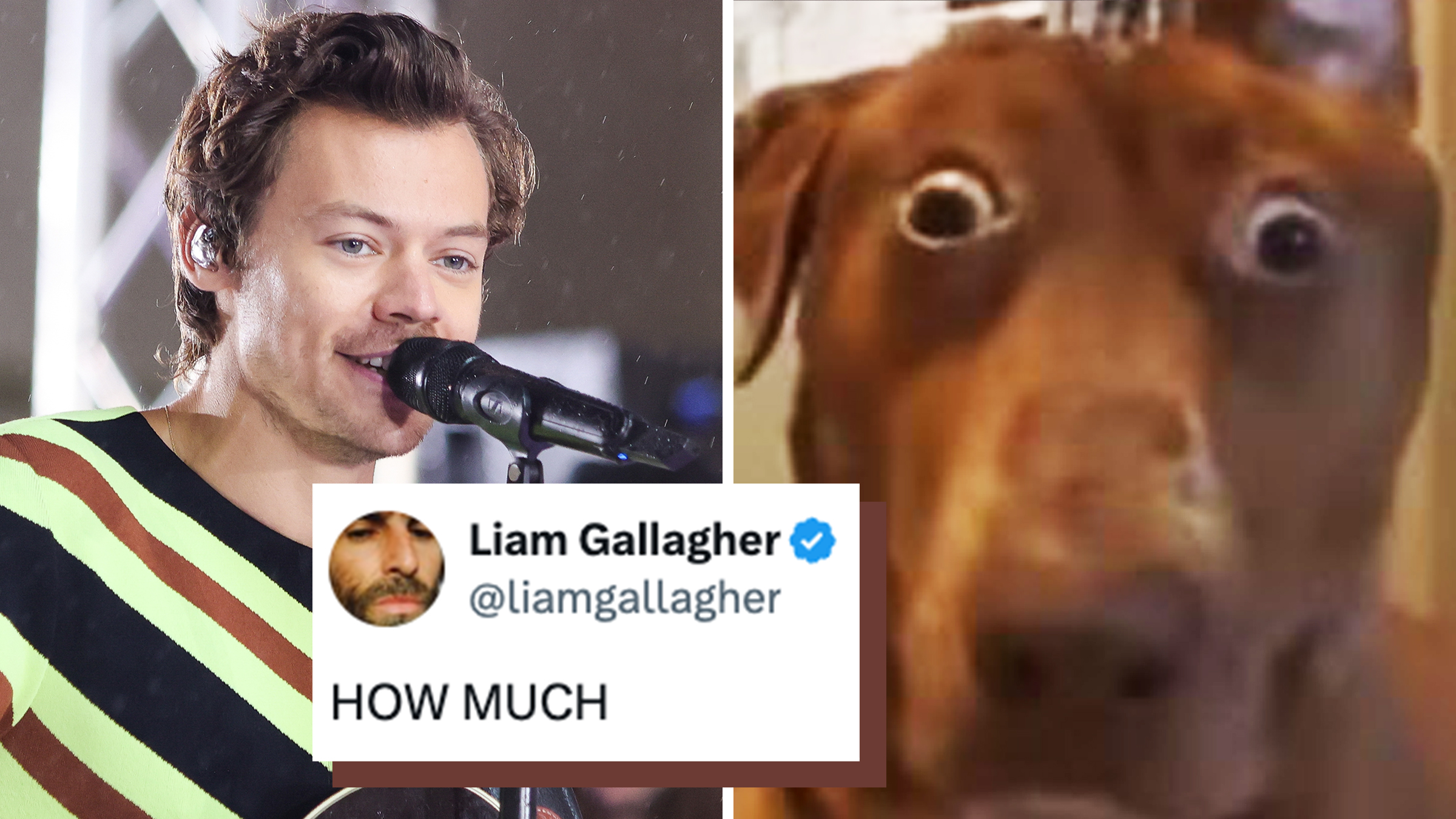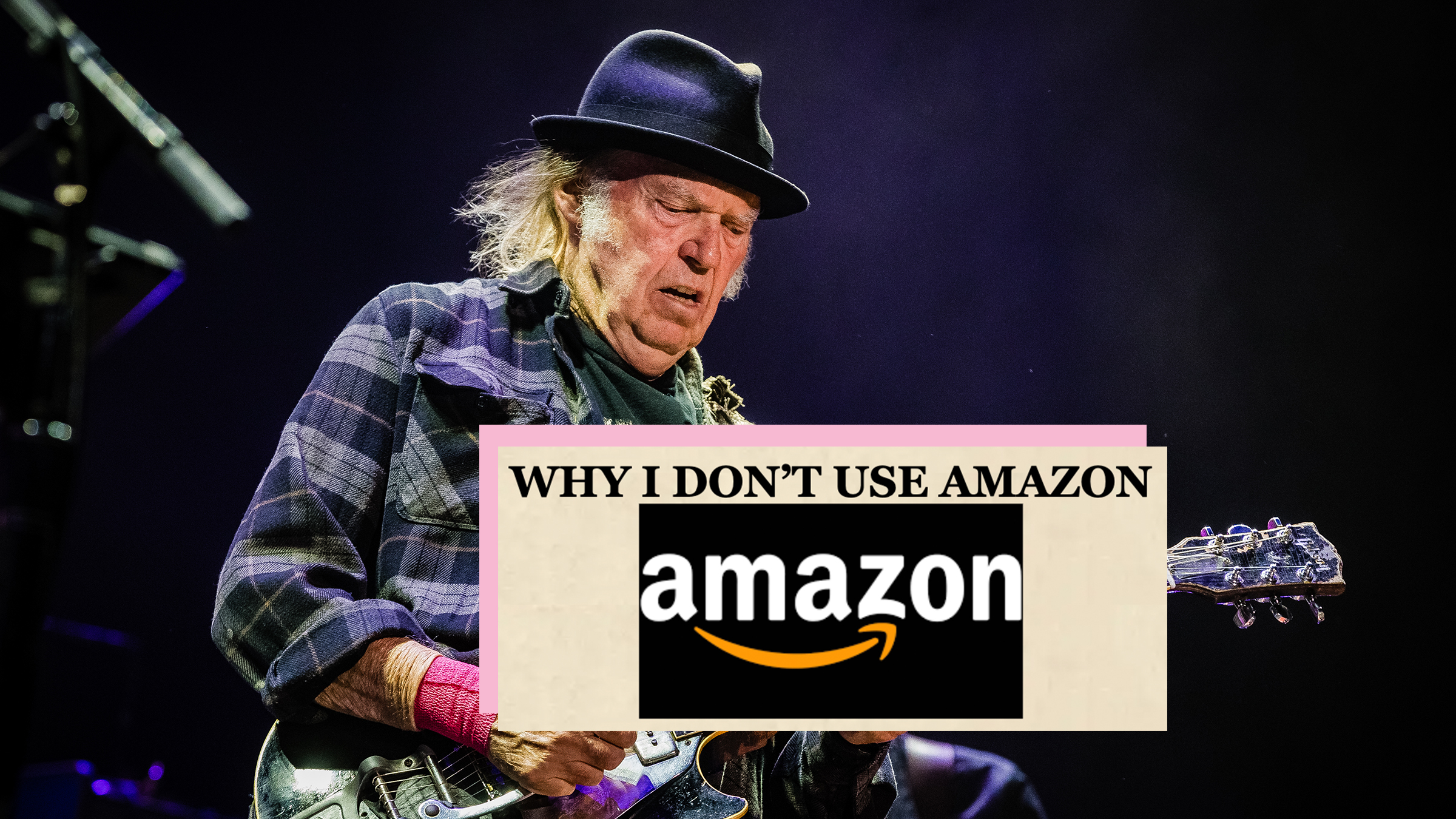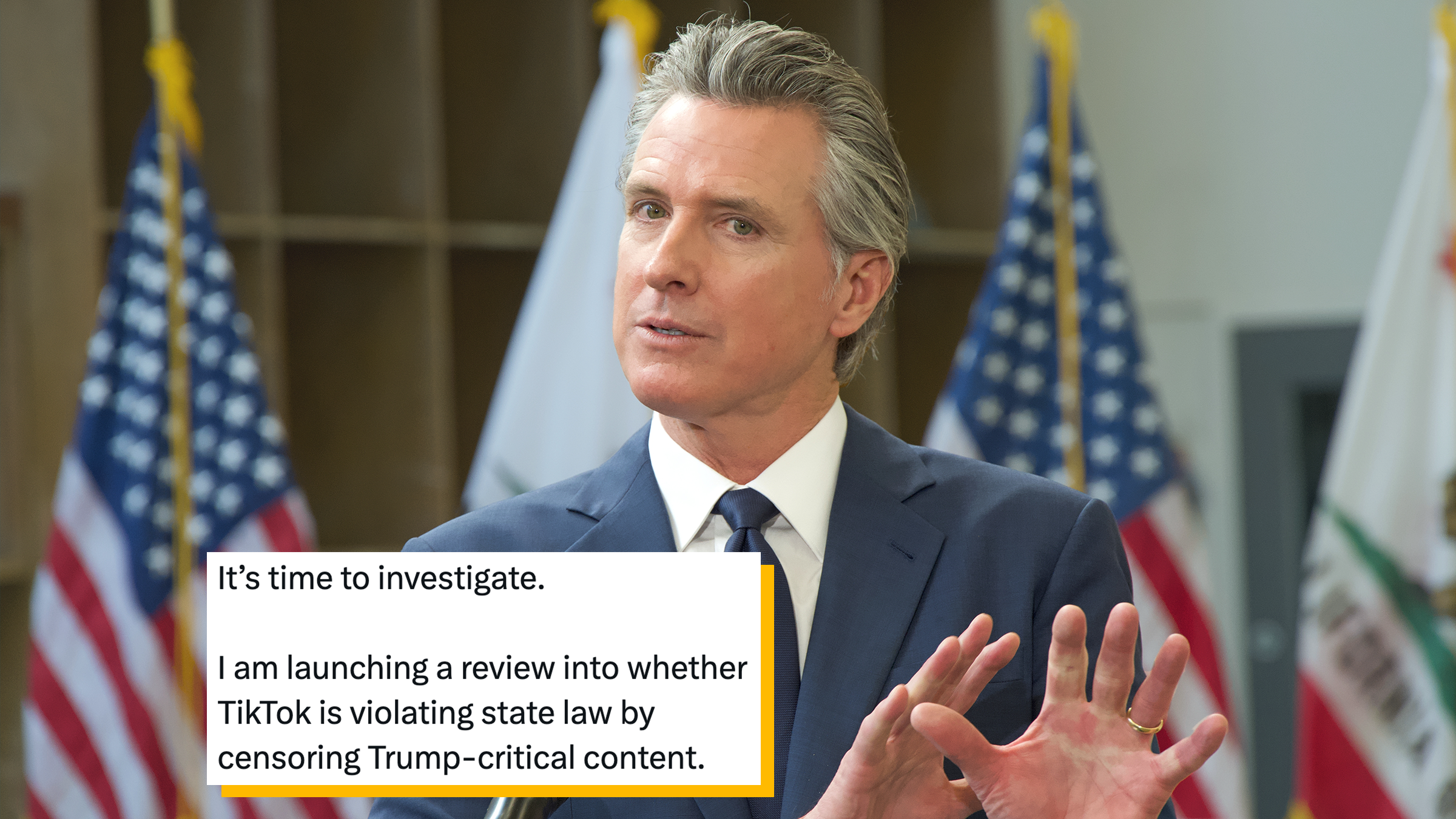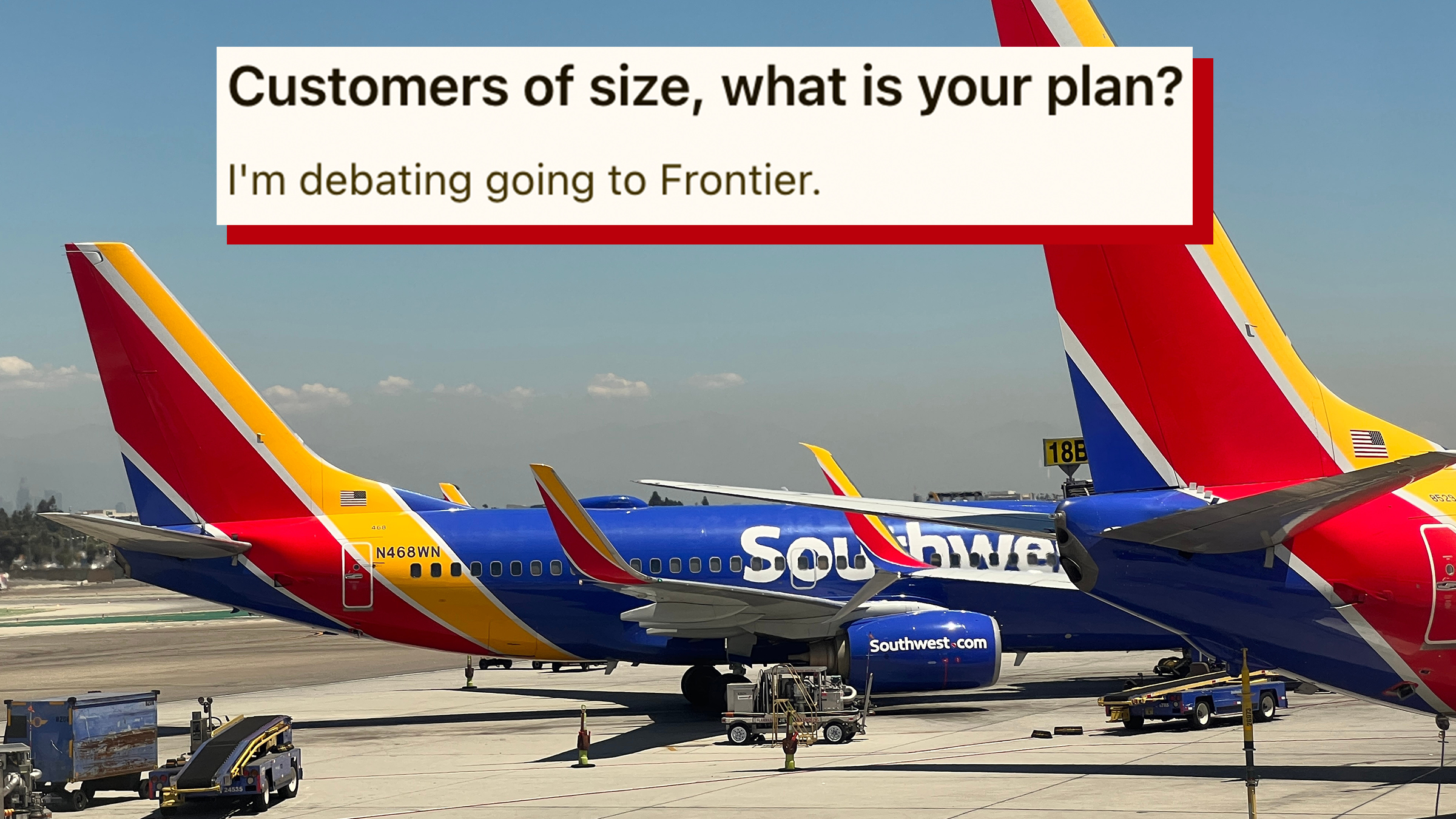The YouTube Partner Program (YPP) is the holy grail for creators. In short, it helps them monetize their videos in a variety of ways. They can earn revenue from video ads, channel membership, Super Chat, and through Premium subscribers watching their content.
To become a member of the Program, you have to meet one of two eligibility thresholds: have 1,000 subscribers with 4,000 viewer watching hours in the past year, or have 1,000 subscribers with 10 million Shorts views in the past 90 days.
However, it's bringing a pretty significant change for creators who are part of the program.
What changes are coming to the YPP?
This is because YouTube is updating its monetization policies in order to clamp down on what it deems to be "inauthentic" content. The guidelines change, which is set to be implemented on July 15, will enable the platform to better identify "mass-produced and repetitious content."
In a post on YouTube Help, the app adds that this update will help creators understand what constitutes "inauthentic" content. So, while YouTube's definitions and rules haven't necessarily changed, it's making them clearer to creators.
Although YouTube hasn't explicitly said that it will be cracking down on AI-generated content, it's likely that a lot of AI-generated videos will fall under this category.
AI slop has largely infiltrated the app, with popular genres including the entirely fictitious 'True Crime Case Files,' and off-brand Cocolemon-style animated kids shows which, for the most part, make zero sense. In a video update expanding on the news, YouTube also made it clear that reaction content wouldn't be penalized under this policy.
The internet reacts to the news
Still, YouTubers have mixed feelings over this update.
One X user triumphantly claimed that "the era of copy-paste creators is over."
"In order to monetize as part of the YouTube Partner Program (YPP), YouTube has always required creators to upload “original” and "authentic" content."
— Sᴘᴏʟᴄʜᴇɴ (@SpolchenLives) July 3, 2025
Finally, Youtube is doing something against the AI slop pic.twitter.com/kftwGcqAjm
Over on Reddit, a user theorized that "there's probably far too much slop content generated for them to be able to pay all those awful videos at their usual price per view."
On the one hand, several Redditors admitted to making AI videos and expressed concern that they would be demonetized. On the other hand, numerous Reddit users praised YouTube for "taking responsibility."
But do AI-generated videos deserve this? One YouTuber argues that it doesn't, writing: "Those who have at least tried to create a meaningful story/video using AI, knows it is not as simple as it sounds."
"You need a lot of effort to create a proper meaningful/watchable video even with AI."
Still, ultimately, it seems the age of AI dominating YouTube is over (for now).
The internet is chaotic—but we’ll break it down for you in one daily email. Sign up for the Daily Dot’s web_crawlr newsletter here to get the best (and worst) of the internet straight into your inbox.
